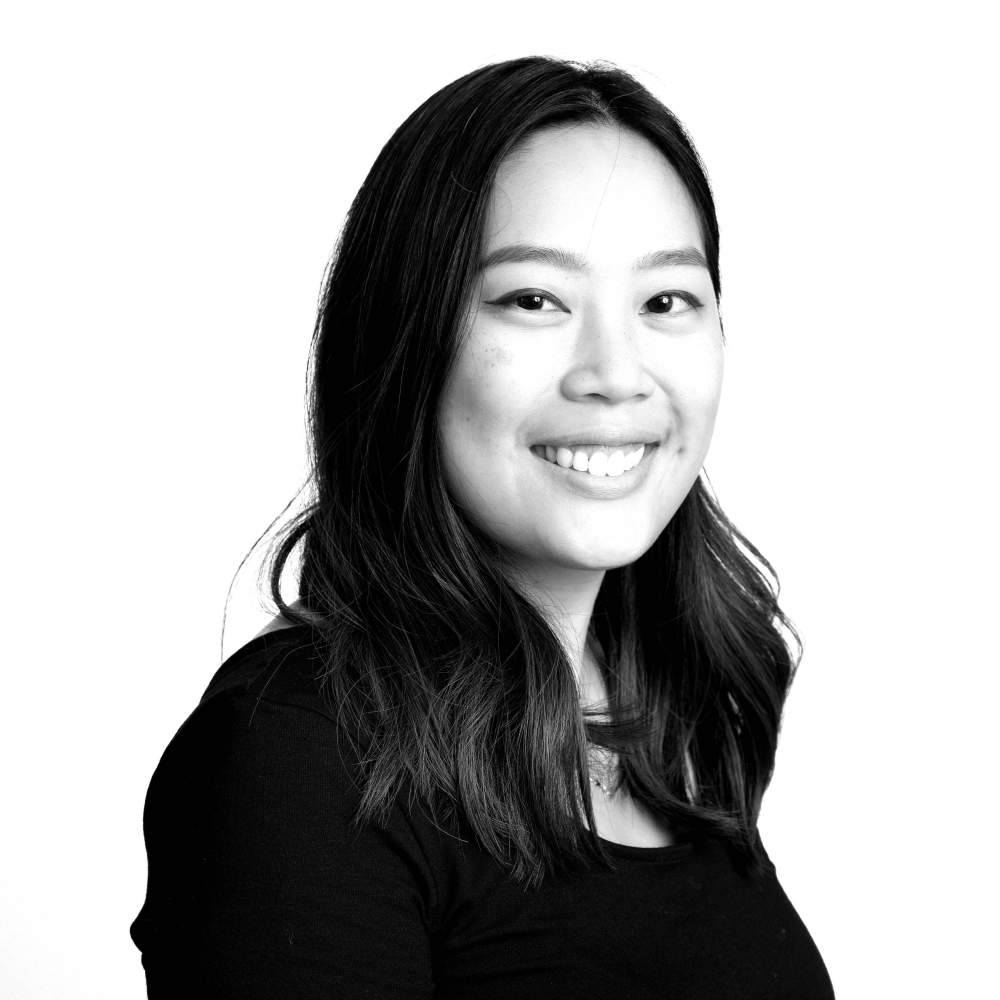|
Lee Cheng Koay has always been fascinated by words and language. She has a Masters of Cross-cultural and Applied Linguistics and is an expert in analysing how language is used in different contexts. These skills are extremely valuable in communications, but Lee started out working in a research job and didn’t immediately connect her skills with the communications industry. |
 |
Now, as a Client Executive in our Sydney office, Lee uses her skills to dig deep into the real purpose of messages. Her linguistics background is highly relevant for her role, so much so that she’s now completing her PhD while working.
“I do a lot of media monitoring and media coverage reports so it helps me to get a gist and sentiment of what people are saying about our clients or their products and just read between the lines a little bit more.
“A lot of things that are intuitive when it comes to insights, I actually see a reason for it through language. When I was doing my masters, we learned how to take an article and identify what to look for, how to use analytical tools to understand why reading something makes you feel a certain way.”
The challenge of analysing the meaning of certain words and messaging is made more complex by its subjectivity. Lee says context and perspective plays a big role in how different people feel when they’re communicated with.
“People who are reading something are breaking it down into their own understanding and their own perspectives. It's almost as if you could have written the best piece of work, but if somebody comes in with a really different perspective, what they get out of is so different.”
Someone’s perspectives can be shaped by experience, culture and many other different factors. For communicators, Lee believes having diverse career experience outside of the industry is a huge advantage, because it allows people to recognise different interpretations.
“You could have done so many different things before comms. The best thing about comms is that you actually get to use all of these experiences; these things enable you to be a better communicator because you've experienced many different things in your life. Past experience is not something you have to be too worried about.
“In my research job, I found it was harder for me to connect with the work because it was very distinct from being able to see an impact in the real world. With comms, you may not see it immediately, but you know that what you're sending out is meant to be doing something good in the world. For me, that’s been one of the biggest motivations to go to work.”
For anyone considering a career in communications, Lee’s advice is simply to “give it a shot.”
“Why not?,” she says. “I don't think anybody would regret trying, because it adds to the skills that you learn along the way, even if you find out that it’s not for you. If you’re already thinking about it, then there's something about the comms industry that's pulling you in.”
We have communications roles available now, including for those from other industries. To find out more or to learn about what’s involved in a communications career, contact Pip Scarff on [email protected]